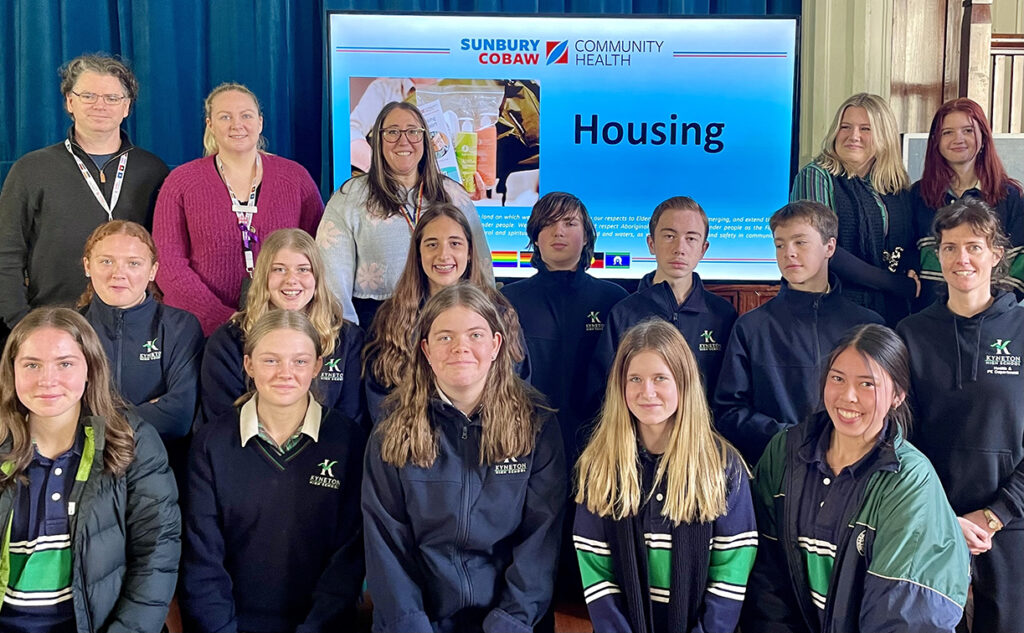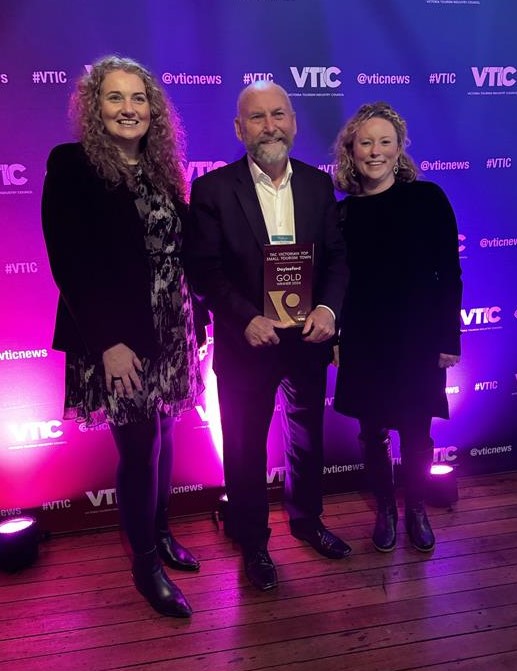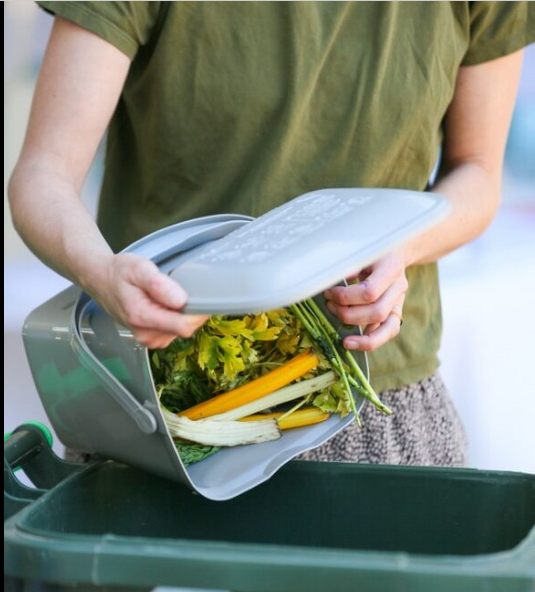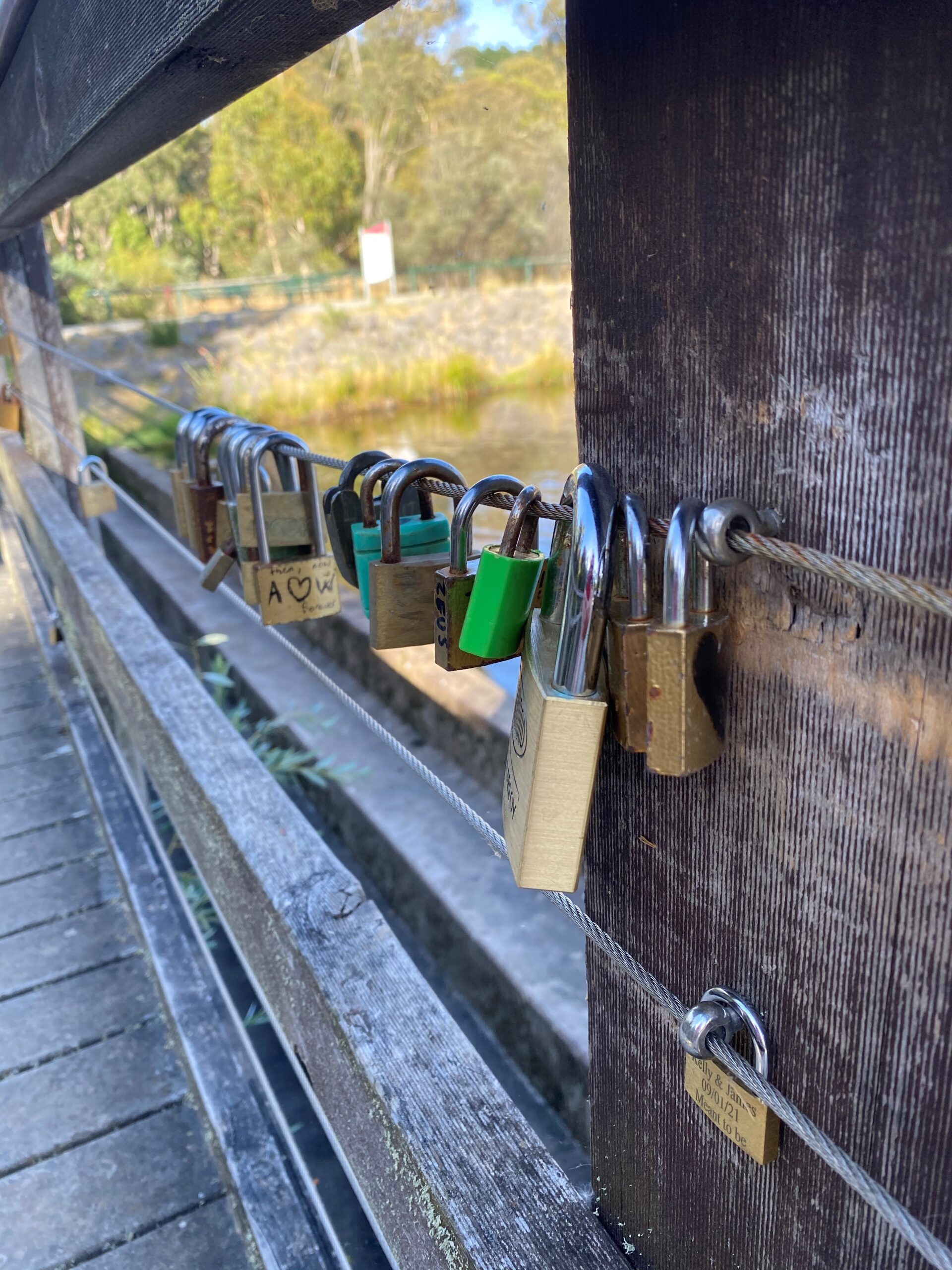August 28th, 2022Empathy in the classroom
“I NOW have a better understanding of what homelessness means and realise everyone has a story to share. We all need to think more about others.”
Fifteen-year-old Sofie from Kyneton High School is among her Year 9 peers learning about homelessness and social isolation. While other year levels are also engaging in excursions and classroom discussions on topics such as empathy and personal capability, the issue of homelessness is now part of the Year 9 home group program lessons.
Aimed at breaking down stereotypes surrounding disadvantage in our community and gaining a better understanding of social isolation, the program is being led by teacher Jane Strickland and her fellow home group teachers.
“We all felt while home group classes centre on connectedness to students’ pastoral care and supporting their wellbeing, there was a disconnect with teaching social and emotional skills,” she said.
“We wanted a meaningful topic as a vehicle to help students experience empathy, so we thought choosing homelessness as a topic we could all explore social issues and how people often have prejudicial views without knowing much about a topic. It was an important way to help us all understand the issues around homelessness and isolation.”
“Different year levels are taking part and lessons included watching episodes of the television series Filthy Rich and Homeless and You Can’t Ask That. Clearly there are film crews out with the people on the streets but it was a chance to start the conversation around homelessness and, while confronting, it’s a way we can all develop a greater understanding and empathy,” she said.
Through several excursions, classroom lessons, discussions and external presentations, the students have been able to reflect on the causes of homelessness, the role of support networks and the importance of community.

One group of Year 9 students recently attended the Kyneton Mechanics Institute to be part of a pop-up soup kitchen. The activity provided them the chance to see first-hand the work local support groups perform in the community and they were able to speak to people accessing the services.
Last week representatives from Sunbury and Cobaw Community Health spoke to Year 9 students about the issue at a local level and discussed the range of reasons people become homeless or isolated. They broke down stereotypes, misconceptions and shared statistics that related to their audience.
The students heard there was no single definition of homelessness. The term broadly covers people who are living in a dwelling that is inadequate, whose rental terms are short or not extendable, or who are living in non-conventional accommodation including on the street, on a friend’s couch or in short-term accommodation including crisis accommodation and caravan parks.
The students heard about the issues faced by many people in their own community and how easy it is for anyone to find themselves in this situation. Hearing how the local organisation supports kids as young as 15 had a clear impact on the students and teachers alike.
While the students took notice of the incredible work being carried out locally by the government funded organisation, focus was also on the grassroots community, church and food bank groups, as well as how we can all make an important difference locally. The representatives also provided insights about how the students can make a difference, with initiatives such as holding food drives for the various groups that offer food resources, volunteering, pressuring local government for more affordable housing options and above all showing empathy and compassion.
A pivotal moment during the presentation was when teacher Alex Frank shared her own experience as a result of the school’s focus on homelessness.
“I was in Melbourne and walked past a group of homeless people. I feel like I have learned so much from the lessons myself, that I started chatting to a homeless man outside Coles. I asked if I could buy him some food and he came in with me. When we started chatting and I said where I was from, he said he had lived in Trentham but had to move to Melbourne given the housing shortage in the region.
“He mentioned he was a former drug addict but has no suitable accommodation. By the time we got to the checkout he became uncomfortable worrying whether the security guards would approach. He was incredibly grateful and I realised how my thinking had changed as an adult. I have a greater awareness and understanding.”
The lessons will continue at the school as will the discussions regarding an issue that, as Jane shared with the kids “could affect any one of us at any stage of our lives”.
Above, from left, back row, Damian, Kate (Cobaw) Alex (teacher) Stella & Sofie, middle row, Ella, Eloise, Shayla, Liam, Connor, Cooper & Jane (teacher), front row, Alice, Bronte, Jorja, Charlie-Jean & Jeddah
Words & image: Narelle Groenhout
Do you have a story to share? Email news@tlnews.com.au









